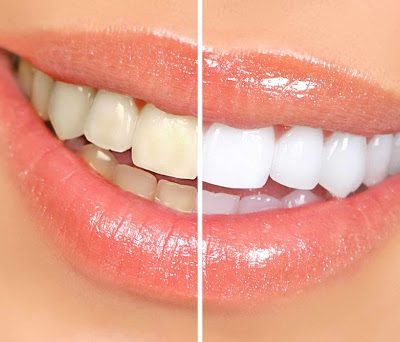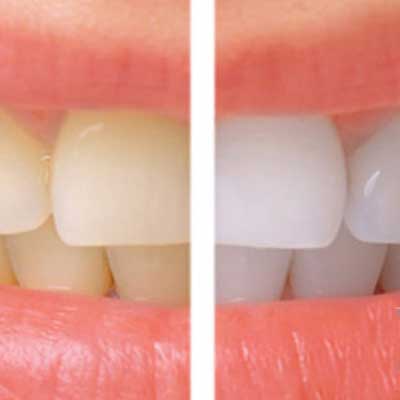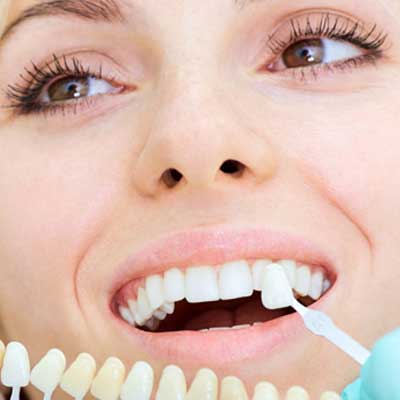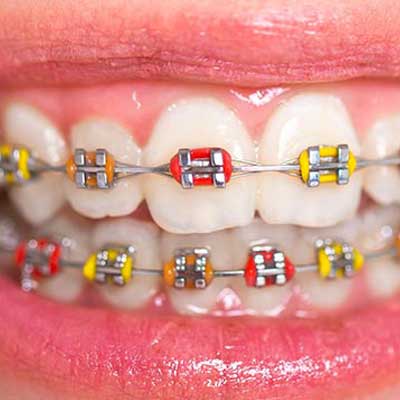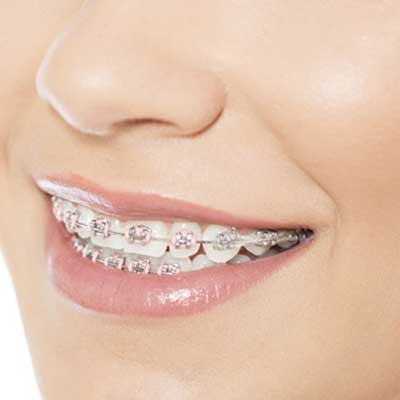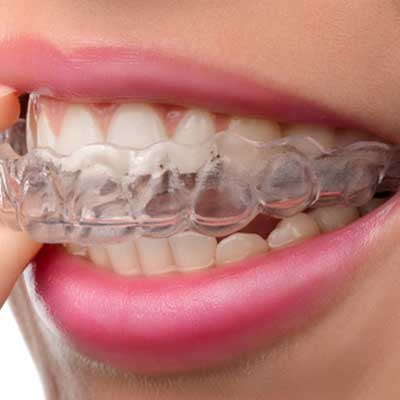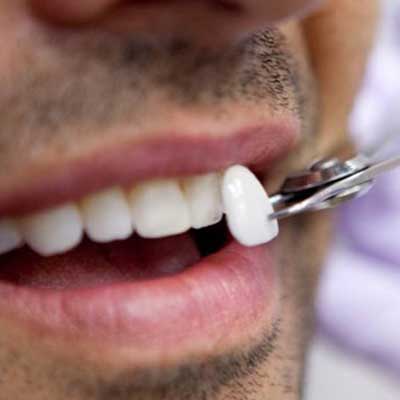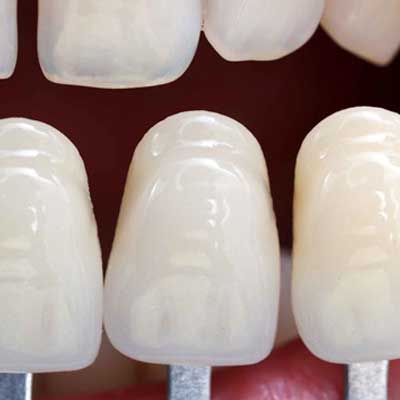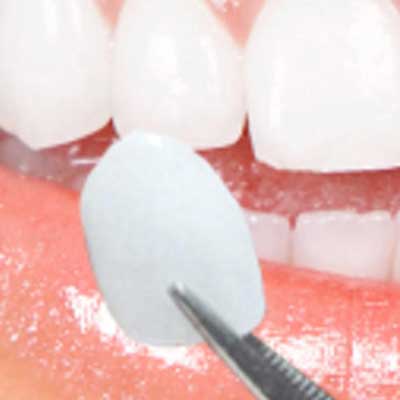Blog > Periodontal Diseases > Suggestions for Gum Health
Signs of Health Gums
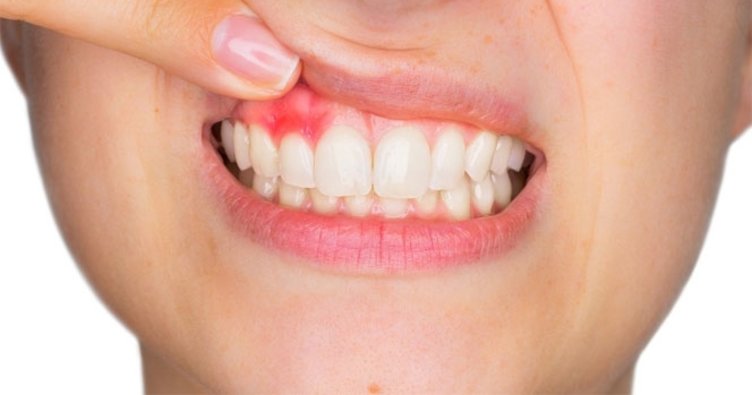
Healthy gums are pink and firm around the teeth. Gums have textured tissue that surrounds the teeth securely.
Signs of gum diseases?
Gums should not be soft, shiny, and swollen and should not feel tender.
What causes gum diseases?
Gum diseases mainly occur due to poorly maintained oral hygiene and tartars and bacteria plaques forming over the teeth. Smoking, diabetes, stress, and individuals’ immune systems are also among the significant factors playing in the loss of periodontal tissues.
Causes of tartars (calculus)?
Tartars occur when food particles calcify with saliva minerals and form hardened layers around teeth and gum. Tartars are accepted as the foremost cause of almost all dental diseases.
What are the common symptoms of gum diseases?
Bleeding is the most common symptom of gum diseases. If you have bleeding while brushing the teeth, painful tender gums, redness, itchiness, gum recession, loose teeth, or feel like they are moving in your mouth, you might have gum disease.
What causes gum bleeding?
Bleeding gums mainly point out inflammation. Disruption in the vessels that help dental tissue to maintain healthy and strong leash blood cells out of these vessels as a result of inflammation mainly triggered by gum diseases. This causes bleeding gum. How to treat bleeding gums
A thorough oral hygiene procedure can cure gum diseases as long as the disease only exists in the gums instead of reaching the bone underneath. However, once the disease reaches the bones underneath, diseased tissues need operating by a dental surgeon to hygienist the area.
Is scaling ( Teeth cleaning) harmful?
Once scaling is operated with the right equipment by professionals, it should not pose any threat. Since scaling mainly helps you get rid of the tartar, plaque builds up, and discoloration in your teeth, it does not harm your oral health.Causes of bad breath
Food residue accumulation in the mouth creates malodorous composites inside the mouth. Therefore gum diseases and cavities caused by not maintaining proper mouth hygiene will aggravate gum diseases even further.
Smoking and gum diseases ?
It is known that smoking will also feed into gum diseases while decreasing tissue responsiveness during treatment. There is quite a lot of research showing that smoking accelerates bone loss.
Do gum diseases affect your general health?
Microorganisms causing gum diseases can also trigger various cardiac diseases, diabetes, respiratory tract, and lung diseases. They also cause low-birth-weight babies and the threat of premature birth.
Do general well-being and medication cause gum diseases?
Diabetes, diseases related to the immune system, and hormonal changes along with certain medications can affect gum diseases.
What happens if gum disease is not treated?
Gum disease will not stop receding until it is properly treated. It can cause loose teeth and, eventually, loss of teeth.
Causes of receding gums?
There are two main reasons affecting the gum recession. One of these is mainly caused by not having the gum treated. The disease keeps on progressing and causes receding gums. The other reason is mainly seen among individuals who show great care and attention to their oral health and in a wrong and rough way that is harmful to gums and teeth. These patients generally face corrosion, sensitivity in teeth together with the recession in gums. A surgical operation might be required to treat the area with soft tissue grafts.
Does periodontal treatment (scaling) hurt?
Local anesthesia prevents you from feeling any pain during the process. However, it is natural to feel subtle pain temporarily after the treatment. Removing the tartars from root surfaces caused by gum recession is the cause of the pain.
How often do you need to have scaling (periodontal treatment)?
It is advised you visit your dentist at least twice a year, in 6 months rotation. Scaling might be applied once it feels necessary.
Do periodontal diseases recur?
It is important to maintain oral hygiene properly on a regular basis to avoid diseases from recurring. Otherwise, periodontal diseases might repeat.
Tips to improve your oral health?
Small and subtle changes in our teeth can not be defined with having white and good-looking teeth.
Even if you are sure that you do not have cavities, that does not mean that you do not have any gum diseases.
Gingivitis is a disease sinister enough to slowly progress since it is painless.
If you have gum disease, your teeth tend to get;
- Inflammation
- Sensitive
- Red
- Swollen and bleed often.
- These symptoms can be treated without causing permanent damage to your teeth and bones.
Once gum disease evolves into “Periodontitis,” jawbones and teeth can have permanent damages.
Do you think you have gum disease? Click here to make an appointment.
What are the symptoms of gum diseases?
- Having bad breath and taste continuously
- Bleeding,
- Permanent damages or loose teeth
- Receding gums
- Red, swollen and sensitive gums
7 tips to help you improve your oral hygiene
- Regular flossing
- Periodical check and scaling
- No smoking
- Brushing teeth twice a day
- Using fluoride toothpaste
- Using mouthwash
- Drinking plenty of water

